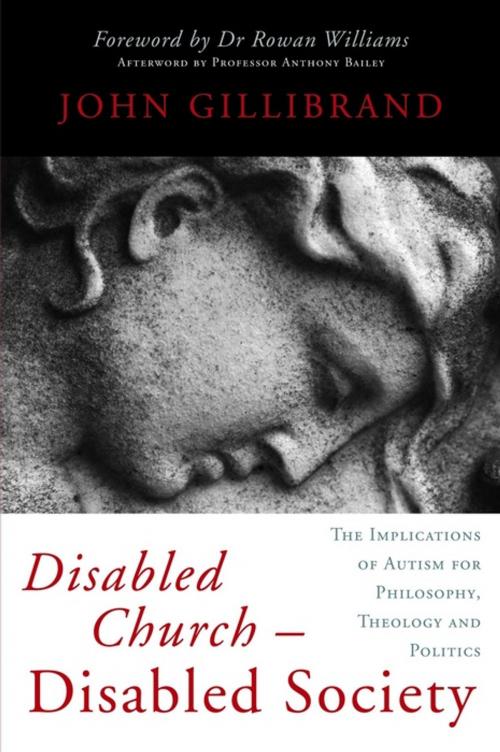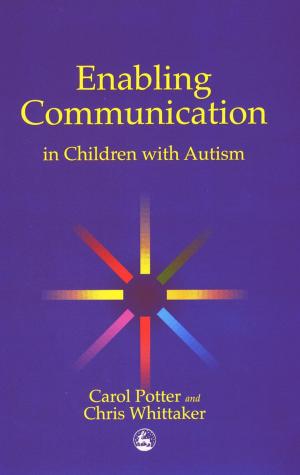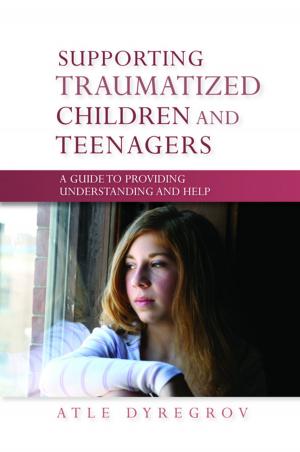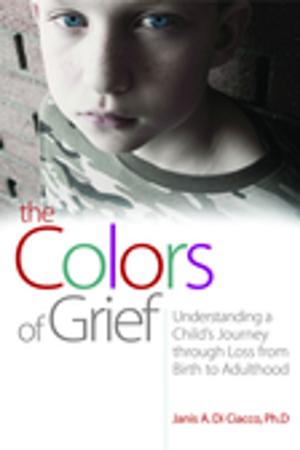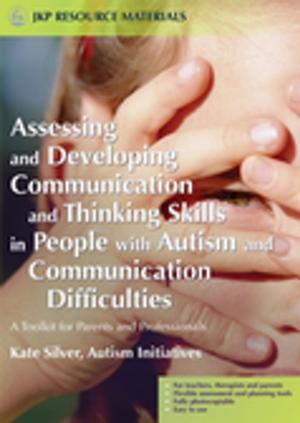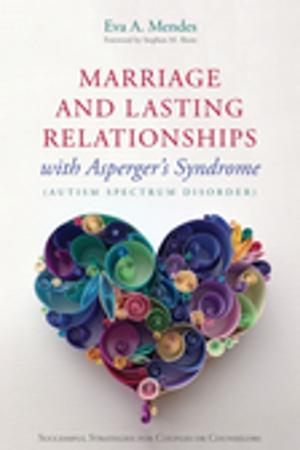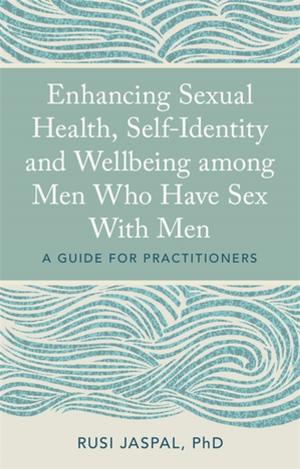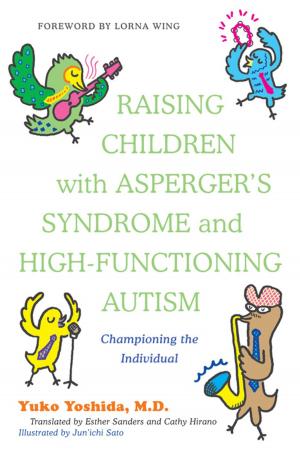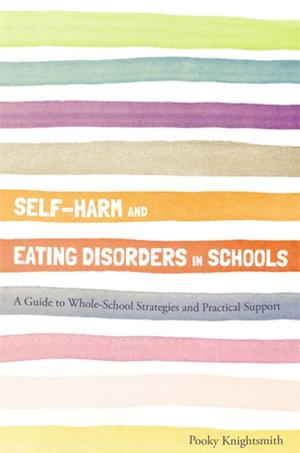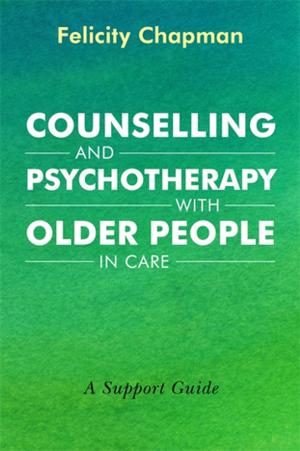Disabled Church - Disabled Society
The Implications of Autism for Philosophy, Theology and Politics
Nonfiction, Health & Well Being, Psychology, Mental Health, Social & Cultural Studies, Social Science, Religion & Spirituality| Author: | John Gillibrand | ISBN: | 9780857003614 |
| Publisher: | Jessica Kingsley Publishers | Publication: | February 15, 2010 |
| Imprint: | Jessica Kingsley Publishers | Language: | English |
| Author: | John Gillibrand |
| ISBN: | 9780857003614 |
| Publisher: | Jessica Kingsley Publishers |
| Publication: | February 15, 2010 |
| Imprint: | Jessica Kingsley Publishers |
| Language: | English |
In this moving and intelligent book John Gillibrand, an Anglican priest, draws on his experience of caring for his non-verbal son, Adam, who has autism and is now a teenager. He reflects on how the experience has changed not just his life, but also his whole way of thinking about theology, politics and philosophy.
Illuminated by an account of his day to day experiences with Adam, and deeper reflection upon the meaning of that experience, John Gillibrand considers the challenges that autism - and disability in general - present to the western tradition of thought in theology and philosophy. His experiences lead him to consider the place of people with autism in relation to religion and philosophy, and how the difficulties in providing adequate public services for those with autism and their carers point to a need for radical transformation of western political structures.
This thoughtful and incisive book will be of interest to theologians, philosophers and sociologists, as well as to all those trying to integrate people with autism into society. Parents and carers will find much to reflect on.
Shortlisted for the Michael Ramsey Prize for theological writing 2013.
In this moving and intelligent book John Gillibrand, an Anglican priest, draws on his experience of caring for his non-verbal son, Adam, who has autism and is now a teenager. He reflects on how the experience has changed not just his life, but also his whole way of thinking about theology, politics and philosophy.
Illuminated by an account of his day to day experiences with Adam, and deeper reflection upon the meaning of that experience, John Gillibrand considers the challenges that autism - and disability in general - present to the western tradition of thought in theology and philosophy. His experiences lead him to consider the place of people with autism in relation to religion and philosophy, and how the difficulties in providing adequate public services for those with autism and their carers point to a need for radical transformation of western political structures.
This thoughtful and incisive book will be of interest to theologians, philosophers and sociologists, as well as to all those trying to integrate people with autism into society. Parents and carers will find much to reflect on.
Shortlisted for the Michael Ramsey Prize for theological writing 2013.
